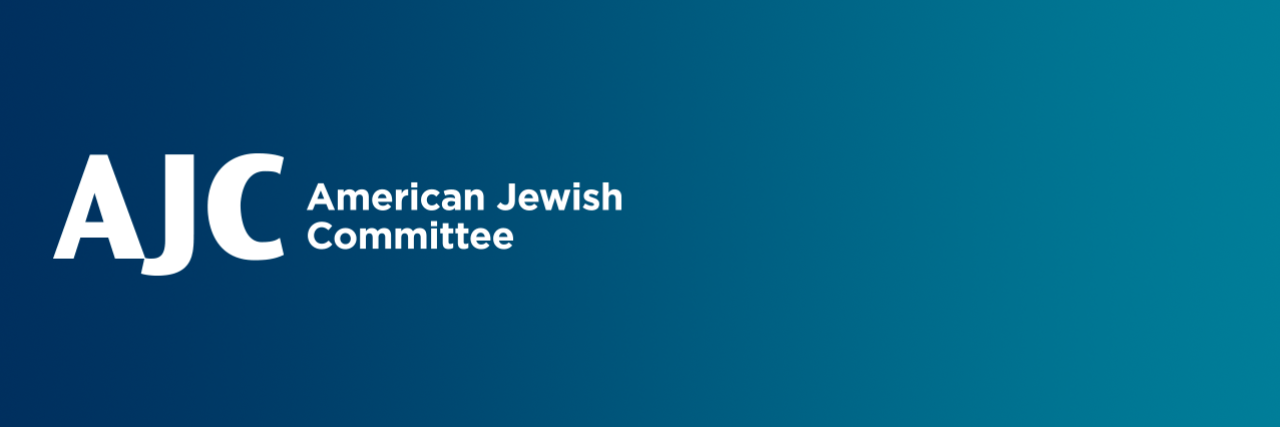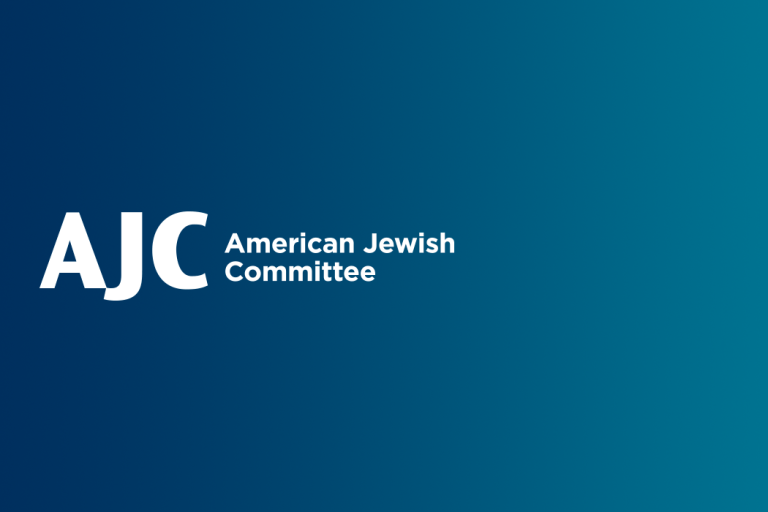March 1, 2023 — New York
American Jewish Committee (AJC) has joined with religious liberty scholars Asma T. Uddin and Steven Collis in filing an amicus brief urging the U.S. Supreme Court to support employee rights to seek religious accommodations to not work on the Sabbath. The case, Gerald Groff v. Louis DeJoy, Postmaster General, involves a former postal worker who claimed he was compelled to resign because the United States Postal Service (USPS) denied his requests as an evangelical Christian to not work on Sundays.
The USPS, citing a 1977 U.S. Supreme Court decision in Trans World Airlines, Inc. v. Hardison, maintained that it did not have to offer religious accommodation if it would cause an “undue hardship” on coworkers. The Hardison decision declared that an employer faces an “undue hardship” any time an accommodation would cause “more than a de minimis cost.”
The amicus brief argues that lower court decisions favoring the USPS have had a deleterious impact not only on Mr. Groff, but on other Americans who observe the Sabbath on Saturdays, including Seventh Day Adventists and Orthodox Jews, and adherents of other faiths who may seek religious accommodations at their places of work.
The brief calls on the Supreme Court to reverse the judgement of the appellate court, overrule Hardison’s interpretation of “undue hardship,” and remand the case for consideration under a more robust definition of that standard.
“For too long debates over the standard declared in Trans World Airlines, Inc. v. Hardison ignored the chilling effect the decision has had on victims of religious discrimination,” states the brief. The decision “has allowed employers to escape liability and avoid any need to accommodate even the most modest needs of their religious employees, discouraging those employees from bringing claims” under Title VII, which Congress amended in 1972 to protect religious employees who observe the Sabbath on Saturday as well as other religious minorities.
The amici note that, contrary to established law, religious discrimination remans a feature of the American workplace. Saturday Sabbatarians generally have accounted for half of all victims of religious discrimination cases. “In a culture where the dominant position is that anything goes on Saturdays, these Saturday Sabbatarians often require accommodations from their employers to avoid working on their Sabbath. But because their beliefs are unusual, they are more likely to face reluctance at best and hostility at worst,” states the brief.
Members of minority religions are especially harmed by the interpretation of the Hardison standard that allows an employer to establish undue hardship by even the most minimal burden (including grumbling) on the victim’s coworkers. Members of minority faiths, including Muslims, Jews, Sikhs, Seventh Day Adventists and others, who comprise only 5% or 6% of the U.S. population, bring over 65% of religious accommodation claims in U.S. Courts. Given widespread bias against minority faiths, including antisemitism or Islamophobia, the current weak standard often amounts to a heckler’s veto of accommodation by bigots.
The amici recalled Justice Thurgood Marshall’s dissenting opinion in the 1977 decision, in which he wrote the Court’s interpretation of “undue hardship” erodes “one of this Nation’s pillars of strength—our hospitality to religious diversity.”
The brief argues that providing greater protections for religious minorities will not harm American businesses, that on the contrary increased religious accommodations will benefit both employees and employers.
The amicus brief was prepared by Asma T. Uddin, a professor, author, and lawyer specializing in religious liberty; Steven T. Collis and John Greil of the University of Texas School of Law Bech-Laughlin First Amendment Center and its Law and Religion Clinic; and the American Jewish Committee.


